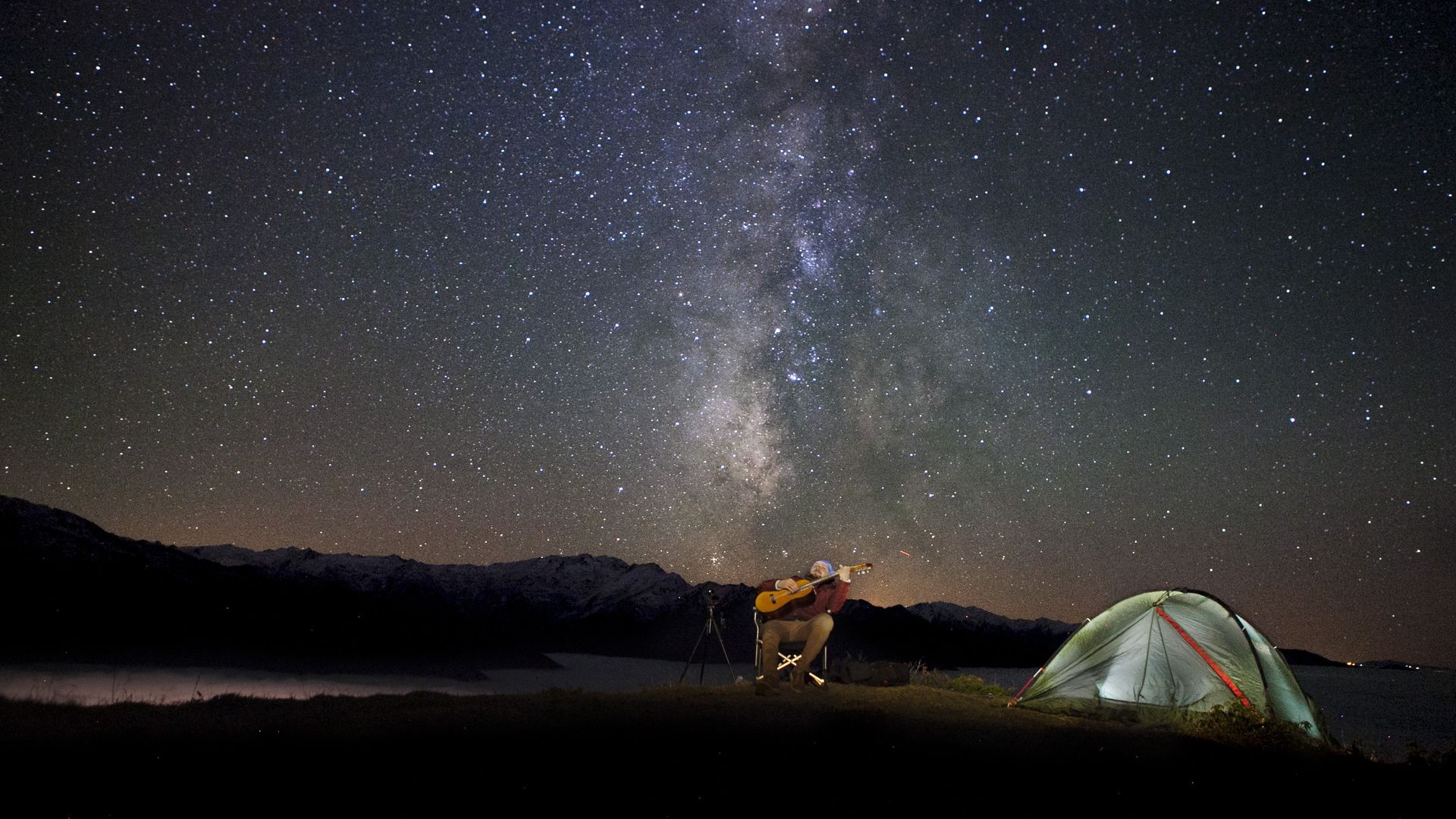Nov 2, 2018 - Science
Space debris removal service Astroscale raises $50 million
Add Axios as your preferred source to
see more of our stories on Google.

The night sky. Photo: Ali Kemal Atik/Anadolu Agency via Getty Images
Add Axios as your preferred source to
see more of our stories on Google.

The night sky. Photo: Ali Kemal Atik/Anadolu Agency via Getty Images